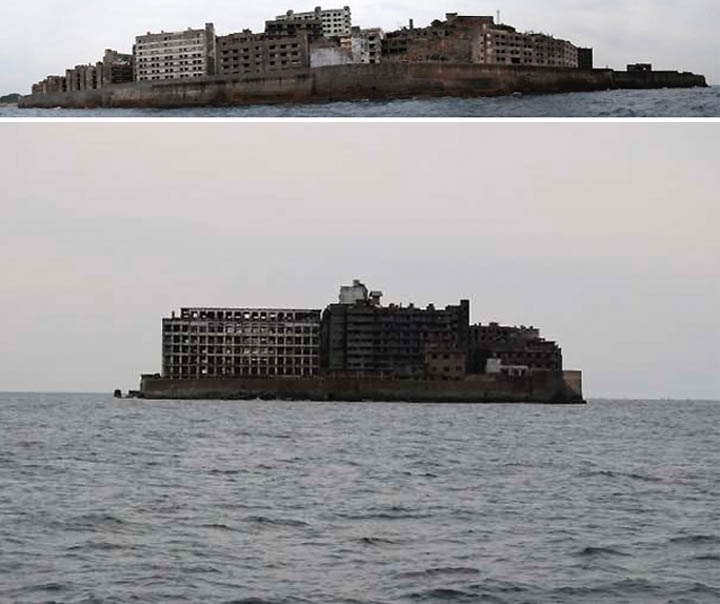A couple of pieces came to my attention today, discussing the Turkish view of the rest of the world. What used to be the most secular Muslim-majority middle eastern country appears to be shifting in some unfortunate directions. First, Claire Berlinski reports from Istanbul (where she lives) on what is actually known about the Mavi Marmara incident:
Here is what we don’t know. We don’t know why the Turkish government allowed the Mavi Marmara to sail. While it’s clear that some indeterminate proportion of the passengers were Islamist thugs, it’s also clear that many of the passengers were naive civilians. (You cannot argue that a one-year-old child is anything but a naive civilian.) We don’t yet know whether there was an active plot, among the thugs, to provoke this confrontation, or whether they decided to attack the Israeli commandos in an access of spontaneous enthusiasm. If the former, we don’t know whether the AKP government was aware of the organizers’ intentions or whether it never seriously considered the possibility. We can speculate, based on known connections between the İnsan Hak ve Hürriyetleri İnsani Yardım Vakfı, which organized the expedition, and well-known extremist groups, that this was a trap, set deliberately. We can speculate that the Turkish government conceived of the trap or lent it tacit support. But thus far we have no evidence.
Why might the Turkish government have permitted a Turkish boat packed with women, children, stupid people, and Islamic extremists to sail into the world’s most volatile military conflict zone? Why, especially, did they permit this while knowing that the Israeli government had made explicit its intention to stop that boat, by force if necessary? It’s tempting to think that the Turkish government anticipated or desired this outcome, all the more so if one looks at this conflict through a certain prism, to wit: one in which Prime Minister Recep Tayyip Erdoğan is an Islamist nut intent upon establishing Turkish hegemony over the Islamic world by becoming the populist champion of the Palestinians, even at the risk of provoking an all-out regional war. I don’t dismiss that possibility.
But in fact, bad decisions can be made in infinitely many human ways. It’s also possible that Erdoğan sincerely believed that the boats had been properly inspected and were free of any weapons, and therefore no serious conflict could occur. It’s possible that he spoke to the organizers of the flotilla and came away with assurances about their intentions; or that he simply thought the Israelis were bluffing; or that his mind was on other things.
And Robert Pollock looks at how the media has portrayed events since Prime Minister Erdoğan came to power:
To follow Turkish discourse in recent years has been to follow a national decline into madness. Imagine 80 million or so people sitting at the crossroads between Europe and Asia. They don’t speak an Indo-European language and perhaps hundreds of thousands of them have meaningful access to any outside media. What information most of them get is filtered through a secular press that makes Italian communists look right wing by comparison and an increasing number of state (i.e., Islamist) influenced outfits. Topics A and B (or B and A, it doesn’t really matter) have been the malign influence on the world of Israel and the United States.
For example, while there was much hand-wringing in our own media about “Who lost Turkey?” when U.S. forces were denied entry to Iraq from the north in 2003, no such introspection was evident in Ankara and Istanbul. Instead, Turks were fed a steady diet of imagined atrocities perpetrated by U.S. forces in Iraq, often with the implication that they were acting as muscle for the Jews. The newspaper Yeni Safak, Prime Minister Tayyip Erdogan’s daily read, claimed that Americans were tossing so many Iraqi bodies into the Euphrates that local mullahs had issued a fatwa ordering residents not to eat the fish. The same paper repeatedly claimed that the U.S. used chemical weapons in Fallujah. And it reported that Israeli soldiers had been deployed alongside U.S. forces in Iraq and that U.S. forces were harvesting the innards of dead Iraqis for sale on the U.S. “organ market.”
The secular Hurriyet newspaper, meanwhile, accused Israeli soldiers of assassinating Turkish security personnel in Mosul and said the U.S. was starting an occupation of (Muslim) Indonesia under the guise of humanitarian assistance. Then U.S. ambassador to Turkey Eric Edelman actually felt the need to organize a conference call to explain to the Turkish media that secret U.S. nuclear testing did not cause the 2004 Indian Ocean tsunami. One of the craziest theories circulating in Ankara was that the U.S. was colonizing the Middle East because its scientists were aware of an impending asteroid strike on North America.
I had no idea that the media in Turkey were so . . . what’s the best way to describe it? Rabid? Insane? Unbalanced? Every country (with a free-ish press) has some news outlets that have an uneven relationship with reality, but it sounds like most of the media in Turkey would qualify as detached from the mundane world.




